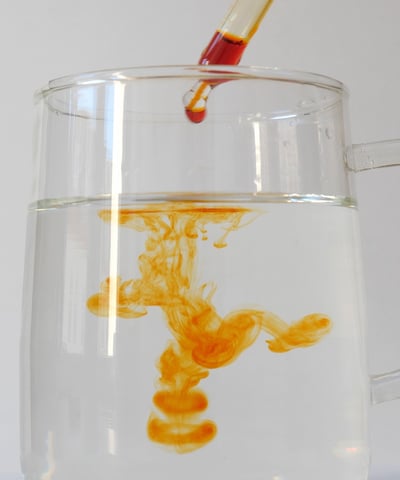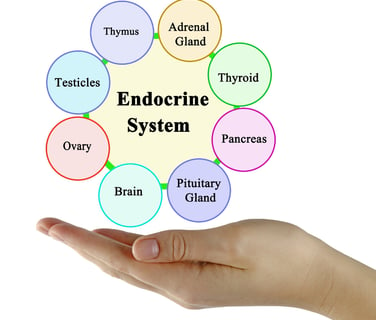
Iodine & Your Health
The Science: How Iodine Maintains Health and Well-Being for All
Iodine & Immunity
Scientific evidence supports the role of daily iodine intake — a range of 150 to 250 to 1,000 micrograms per day — as a fundamental contributor to immune resilience and well-being. Long known for thyroid hormone synthesis, the best research underscores how it maintains immune surveillance, microbial defense, and inflammatory balance in all organs.
Iodine is present everywhere, but is concentrated in certain tissues outside the thyroid: the salivary glands, nasal passages, throat, mouth, gastric mucosa, thymus, and mammary glands. They are not simply passive recipients of iodine. They utilize iodine dynamically, and in the presence of antimicrobial enzymes such as lactoperoxidase and myeloperoxidase actively kill infectious microbes.
And assist in cell senescence and new cell birth.
In many areas, iodine is converted to hypoiodous acid (HOI), a potent cell-friendly antimicrobial with powerful activity against bacteria, viruses, fungi, and parasites. Your iodine defense system is especially critical in mucosal surfaces: the upper and lower respiratory areas, where it actively prevents colonization and invasion by pathogens.




Iodine & the Thymus
The thymus, a key organ in immune development, concentrates iodine. Adequate iodine intake influences T-cell maturation and modulates immune responses. It balances CD4+ and CD8+ T-cell populations by supporting thymic hormone production. Iodine also reduces excessive immune activation by downregulating key inflammatory mediators like tumor necrosis factor-alpha (TNF-α), interleukin-1 beta (IL-1β), and interleukin-6 (IL-6). These effects occur via iodine’s influence on the nuclear factor kappa B (NF-κB) signaling pathway, which governs cytokines and inflammatory gene expression.


There is substantial evidence for iodine’s antimicrobial action at the level of secretory surfaces. The iodide- lactoperoxidase system in saliva and breast milk inhibits viral replication, including influenza and herpes simplex virus. In lactating women, iodine-deficient states result in lower concentrations of antimicrobial compounds in milk, preventing infant immune development.
Iodine-deficient lab animals exhibit thymic atrophy, decreased splenic lymphocyte activity, and increased susceptibility to infections. Iodine supplements restore immune organ integrity and enhance immunoglobulin G (IgG) production and phagocytic anti-infection activity.
Adequate iodine intake correlates with lower rates of respiratory and gastrointestinal infections, particularly in children and vulnerable populations. Subclinical hypothyroidism, common with mild iodine deficiency, is associated with increased infection risk. Iodine sufficiency supports thyroid hormone production, promotes cell mitochondrial function, metabolic regulation, and neuroimmune integrity.
In short: you cannot live healthfully without it. Given that it is inexpensive - even FREE - there is no REASON to live without it!


Venturi and colleagues (2001) explored iodine’s evolutionary role in immunity and its relationship with the thymus HERE.
Wenzek (2008) reviewed the interplay between iodine and immune function, noting both its direct and thyroid-mediated effects on immune modulation HERE:
Kohrle (2023) described the links between thyroid hormones, iodine, selenium, & immunity HERE.
Bilal (2017) reported that suboptimal thyroid function and insufficient iodine intake leads to a higher infection risk, noting the interdependence of iodine status and immunity HERE.
Gallery












Explore our collection of iodine and health-related images.
Iodine has significantly improved my overall health and well-being. Highly recommend for anyone seeking balance.
Sarah J.


★★★★★
